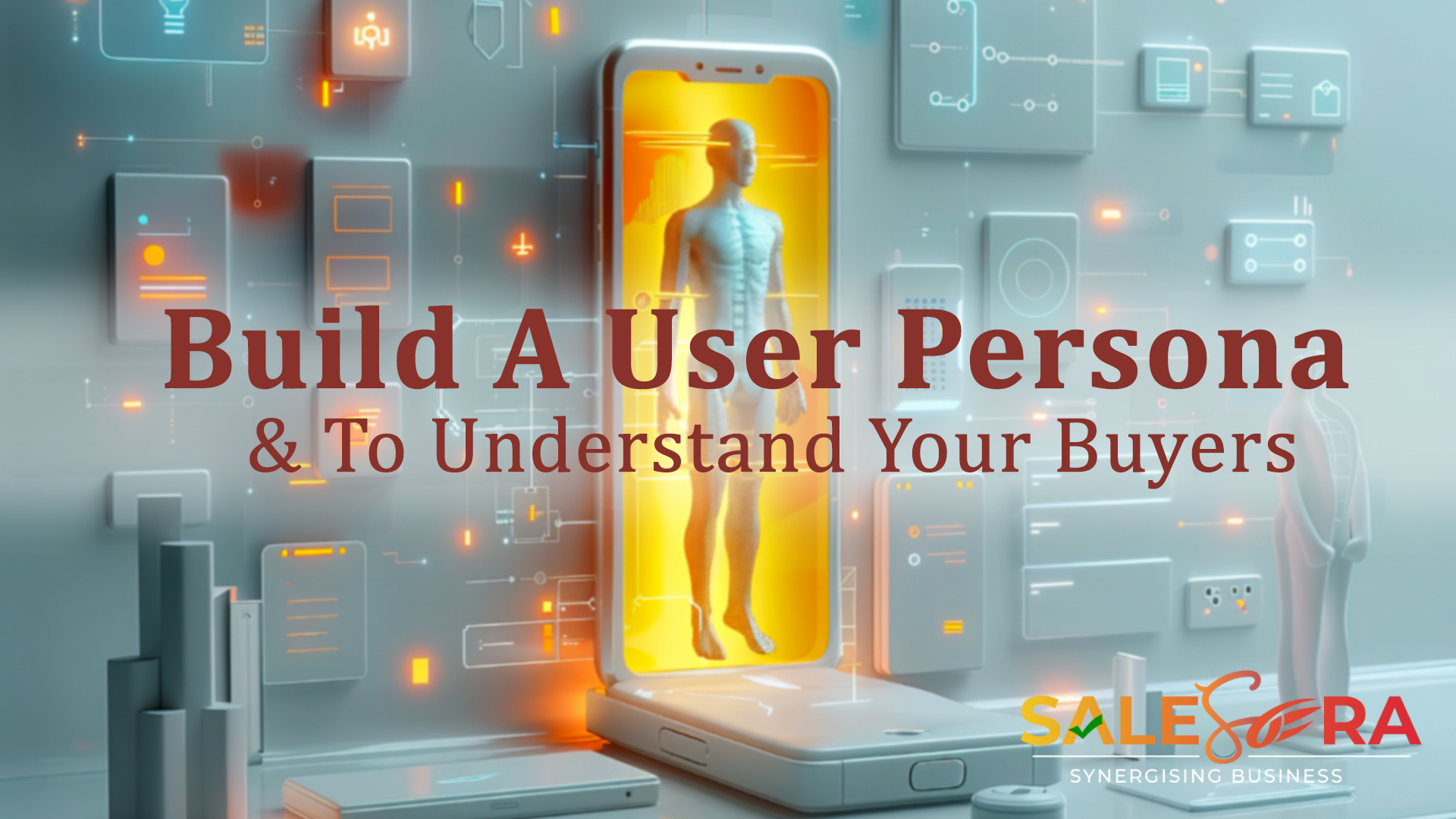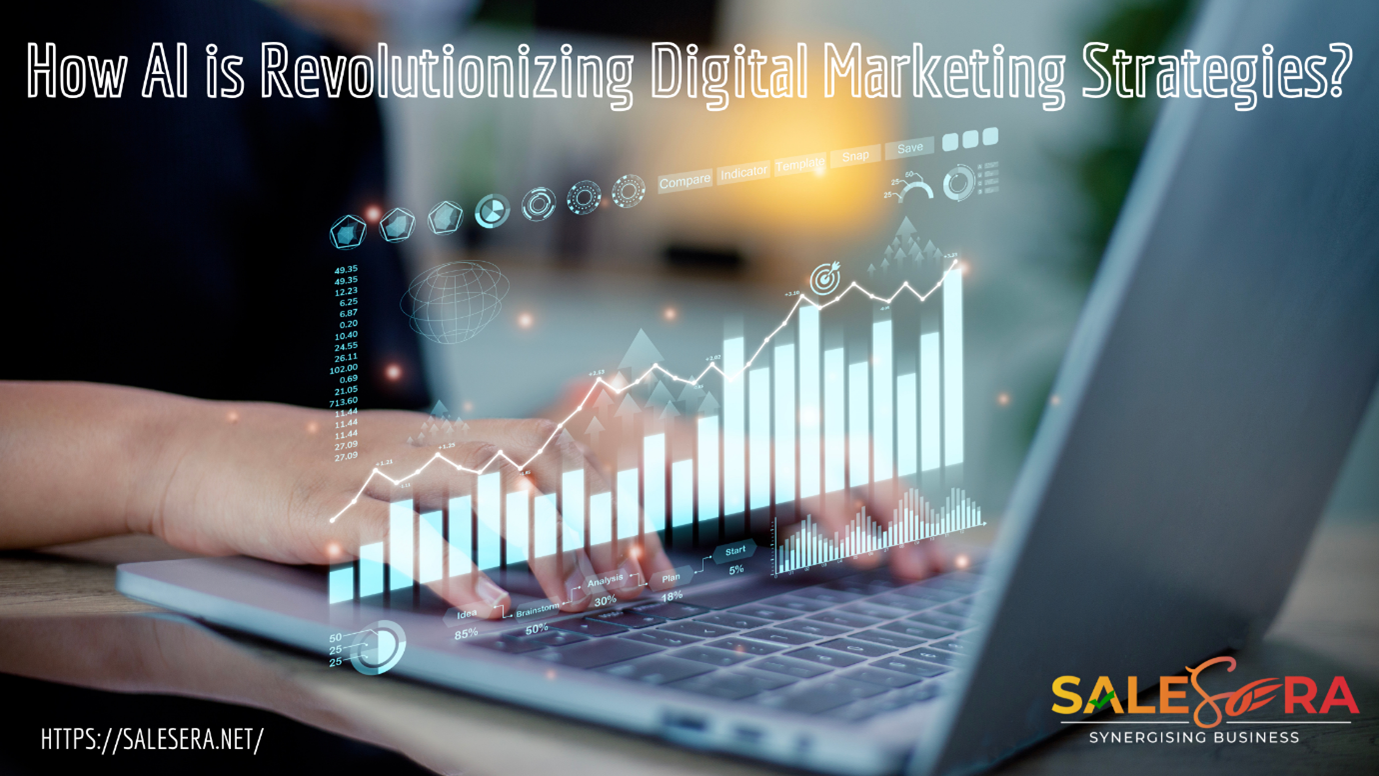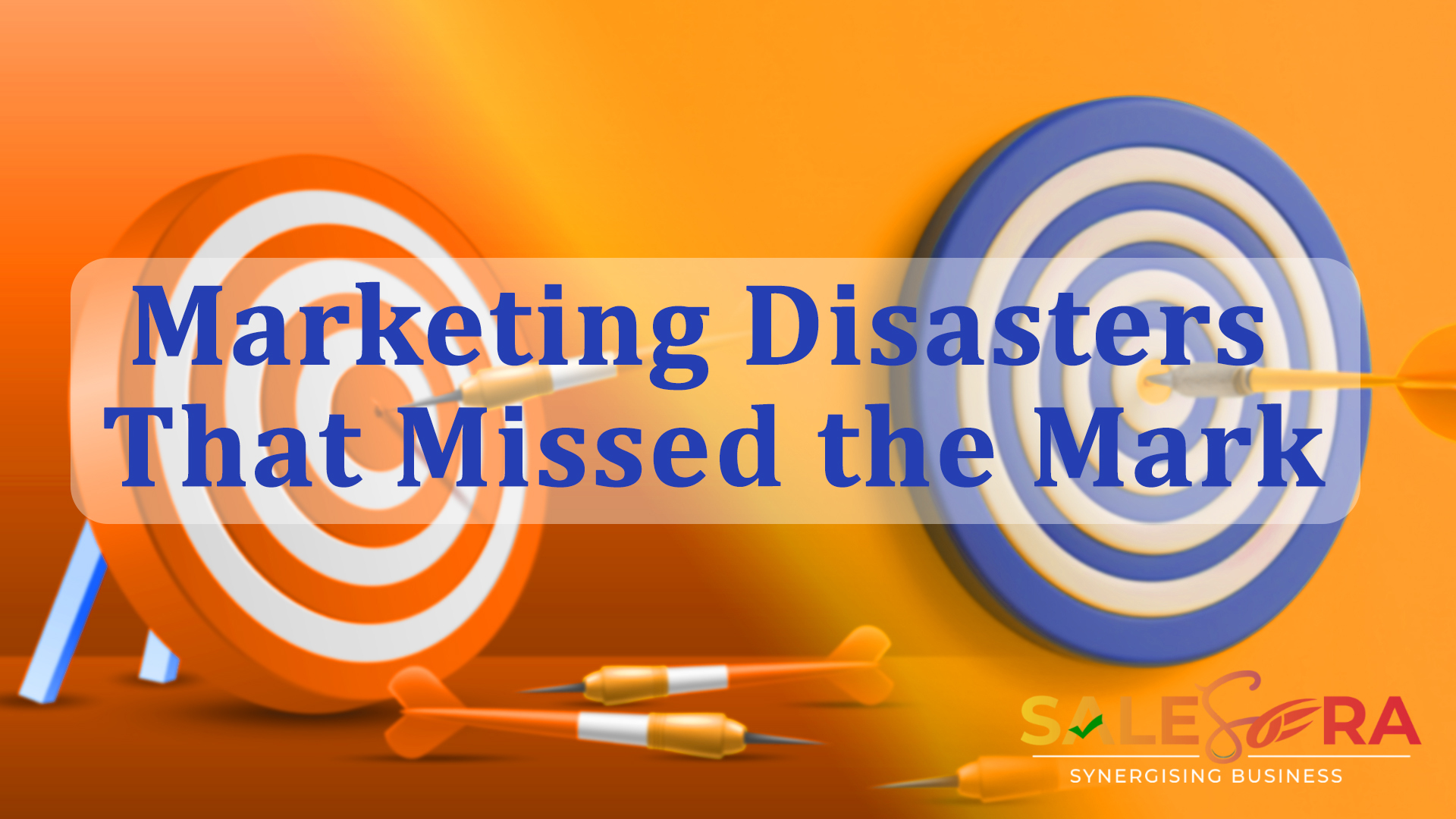One of the main components of those digital metrics examines how effectively various B2B companies within each industry use social media, and because of the collaboration of our knowledgeable team and best practice data analytics, we may draw the following conclusions:
- “Most B2B brands are underperforming and missing real commercial opportunities when it comes to building a social media presence,” claims a recent study.
Only one B2B firm (Goldman Sachs) fared highly for social media content when Elevate ranks B2B firms’ performances in just the infrastructure investment sector; the next-best B2B firm, Blackrock, received just 55.44 points out of a possible 100. A lot of B2B organizations have a great chance if they invest in their social media strategy, as seen by the industry average score for social media presence of 5.98 out of 100.
While some more conventional marketing strategies might not recognize the value of a social media marketing strategy for B2B companies, it matters in the current digital landscape, and we’ll show why.
This Photo by Unknown Author is licensed under CC BY-SA-NC

Social media has become an essential part of B2B marketing strategies. Here are some of the ways social media impacts B2B marketing:
1.Enhanced Brand Visibility
Social media platforms serve as powerful tools to increase brand visibility in the B2B space. By leveraging social media channels, businesses can showcase their expertise, share valuable content, and engage with their target audience. This heightened visibility helps to build brand recognition and credibility, which are crucial in establishing trust among potential B2B clients.
2.Targeted Audience Engagement
One of the key advantages of social media in B2B marketing is the ability to connect with a highly targeted audience. B2B companies can utilize social media platforms to identify and engage with industry-specific communities, participate in relevant discussions, and establish themselves as thought leaders. This targeted engagement enables businesses to attract qualified leads and nurture relationships with potential clients.
3. Content Distribution and Amplification
Social media platforms act as a gateway for businesses to distribute and amplify their content. By sharing industry insights, case studies, whitepapers, and other valuable content, B2B companies can position themselves as industry experts. Additionally, social media enables content to reach a wider audience through likes, shares, and retweets, thereby expanding brand reach and increasing the chances of generating leads.
4. Relationship Building
Building strong relationships is at the core of successful B2B marketing. Social media facilitates relationship building by providing a platform for businesses to connect with prospects, clients, industry influencers, and partners. Through regular interaction, businesses can foster trust, establish credibility, and create meaningful connections that can lead to long-term business collaborations.
5. Real-Time Market Insights
Social media platforms offer a wealth of real-time market insights that can be invaluable to B2B marketers. By monitoring conversations and trends, businesses can gather valuable data about their target audience’s preferences, pain points, and buying behavior. This information can then be used to refine marketing strategies, create personalized content, and improve overall customer experience.
6. Cost-Effective Advertising
Compared to traditional advertising methods, social media advertising provides a cost-effective approach for B2B marketers. Platforms like LinkedIn, Twitter, and Facebook offer targeting options that allow businesses to reach their desired audience with precision. This targeted advertising helps optimize marketing budgets, ensuring that resources are invested where they are most likely to yield results.
EXAMPLES OF SUCCESSFUL B2B SOCIAL MEDIA CAMPAIGNS
There are many successful B2B social media campaigns that have been implemented by various companies. Here are some examples of successful B2B social media campaigns:
- MAILCHIMP on Instagram: MAILCHIMP used Instagram to build brand awareness and showcase its brand personality.
- Huawei on Twitter: Huawei used Twitter to show off its expertise and engage with its audience by sharing industry insights and thought leadership content.
- SECUREWORKS: SECUREWORKS used LinkedIn to share thought leadership content and engage with its audience. They also used LinkedIn to promote their webinars and events.
- Plurality: Plurality used LinkedIn to share its company culture and showcase its employees. They also used LinkedIn to promote their products and services.
- ON24: ON24 used LinkedIn to share thought leadership content and engage with its audience. They also used LinkedIn to promote their webinars and events.
- ACCIONA: ACCIONA used LinkedIn to share its sustainability initiatives and showcase its projects. They also used LinkedIn to promote their products and service.
- Confluence: Confluence used LinkedIn to share thought leadership content and engage with its audience. They also used LinkedIn to promote their products and services.
- Shopify: Shopify used Instagram to showcase its brand personality and engage with its audience. They also used Instagram to promote their products and services.
- IBM: IBM used social media to showcase its history and legacy in the technology industry. Sharing photos and videos on Instagram of past products from the last hundred years builds trust and credibility with current and potential customers.
- Salesforce: Salesforce used social media to share thought leadership content and engage with its audience. They also used social media to promote their products and services.
Conclusively, social media has transformed the B2B marketing landscape, providing businesses with unprecedented opportunities to connect, engage, and grow. By harnessing the power of social media, B2B companies can enhance brand visibility, engage with a targeted audience, distribute content, build relationships, gain real-time market insights, and advertise cost-effectively. Embracing social media as part of their marketing strategy is no longer an option but a necessity in today’s digital age. These examples show that B2B social media campaigns can be successful when done right. Successful B2B social media campaigns involve sharing thought leadership content, engaging with the audience, showcasing the company culture, and promoting the products and services.
Don’t forget to follow our company salesera social media pages for high-quality business growth content and watch educational and informative content on our YouTube page.













